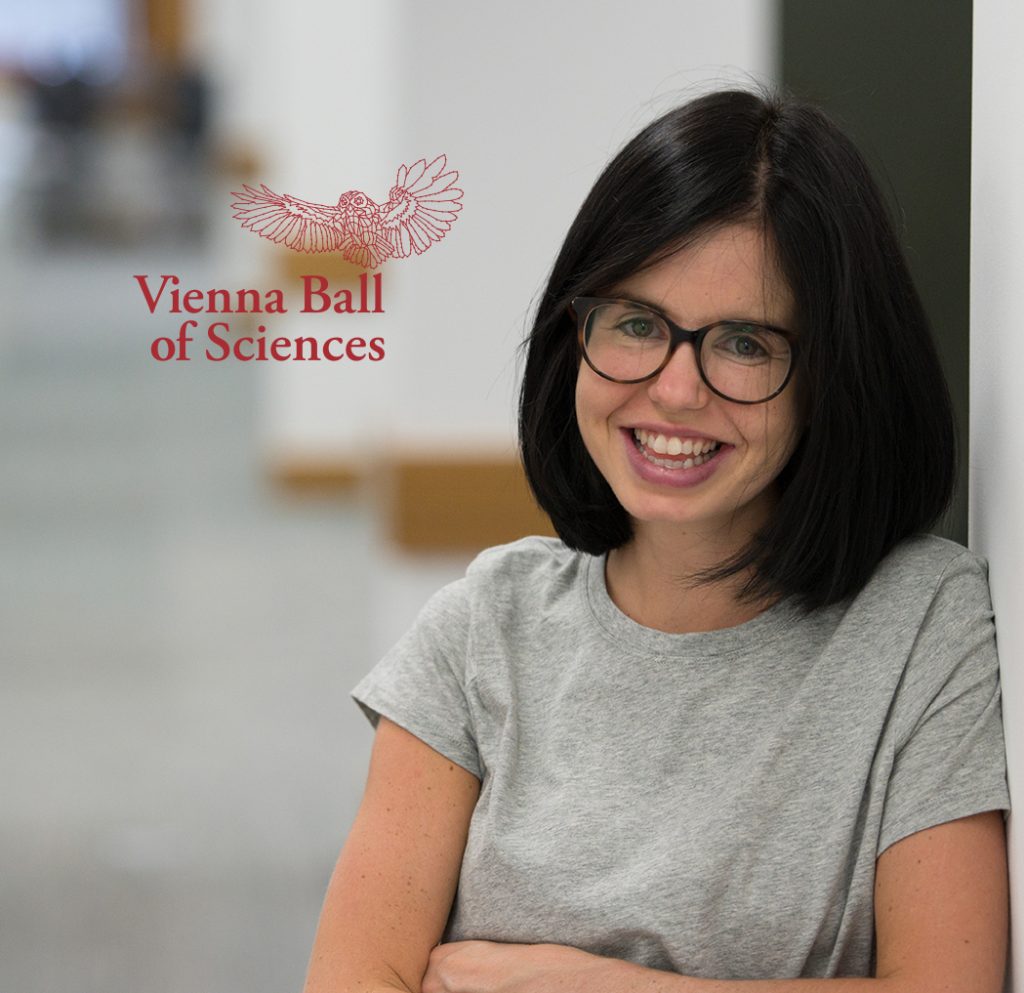After high school, I spent a year at art school before starting my physics degree. I realised in the first few weeks of studying physics that something wasn’t right. 80% of my year were men, UK students were almost exclusively white, and most students were from more affluent socioeconomic backgrounds.
When the teams of people doing science aren’t diverse, we make breakthroughs slower. We ask different questions, we have less impact, and our research doesn’t reflect the societies we serve. This inequality made me angry, and I decided to do something about it, first visiting and working with school students, then teachers and parents, and then universities and research councils. When I realised that injustice wasn’t just in physics classrooms but also in Wikipedia biographies, I had to do something about that too. Since the beginning of 2018 I’ve been writing the biographies of scientists from historically excluded groups for the site – I’ve written over 2,000 so far. If I’m not in the lab, or the lecture theatre, or writing Wikipedia biographies, I’m nominating women scientists for awards and organising careers workshops for underrepresented early career researchers. I believe that being a scientist is an immense privilege, and with that privilege comes a remarkable opportunity: to amplify the stories of people who are marginalised and help others on their journeys become scientists too.
Jessica Wade studied physics and is a material scientist at Imperial College London. In doing so, she examines applications of molecular materials in optoelectronics, spintronics and quantum technology.
